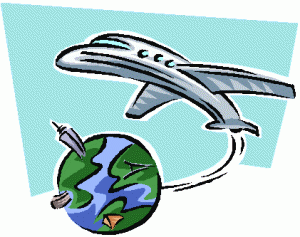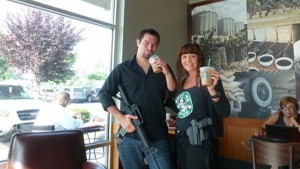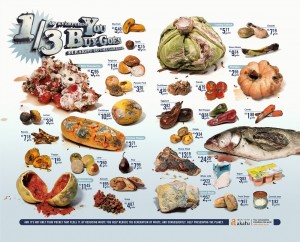Whenever you decide to go on a trip, do you find it confusing or frustrating to deal with transportation? Waymate and GoEuro, are companies that provide planning services to customers for their traveling plan before their trip. The goal is to achieve the most convenient and/or cheapest way. Although the companies’ operations may seem like a straight forward idea, making plans, the airline industry significantly differs from train and bus companies. They use different operating systems on reserving and ticketing. Moreover, companies do not prefer sharing data about their customers with others. Under such reasons, the companies cannot simply check information from websites and combine it with their work system.
Waymate built on to a bigger picture, followed by GoEuro. They believe that gaining more reliable data stands an important role and will certainly stabilize the accuracy of their plans. These two successful businesses rely on commissions from travel operators. However, “the task remains incredibly complex”(Christian Nagel). By saying that, it suggests the uncertainty of their plans being served to customers. There are no guarantees–bus drivers are not always on time!



